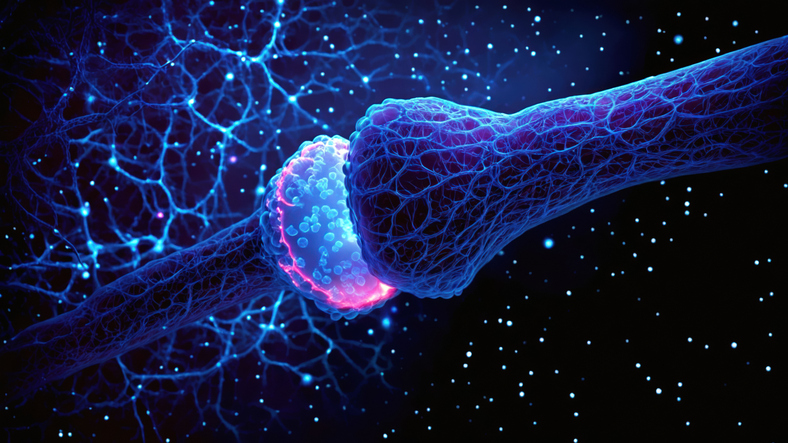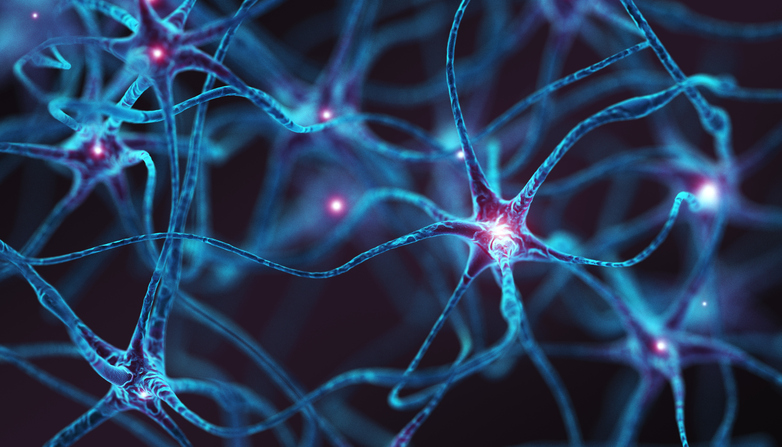Recent findings published in Science Advances reveal a significant connection between abnormal sugar modifications on proteins in the mouse brain and depressive behaviors. Researchers from the Institute for Basic Science (IBS) discovered that chronic stress disrupts O-glycans in the prefrontal cortex, a key area associated with mood regulation, thereby triggering depression. This study highlights the urgent need for innovative treatment approaches for mental health disorders, as current antidepressants often yield limited efficacy and adverse effects.
The research underscores the potential of post-translational modifications (PTMs), particularly glycosylation, in understanding the molecular underpinnings of depression. Boyoung Lee, PhD, principal investigator at IBS, emphasized that these findings could pave the way for new diagnostic markers and therapeutic targets that extend beyond traditional neurotransmitter-focused strategies. With a focus on the enzyme St3gal1, which mediates O-glycan modifications, the study suggests that enhancing its activity may alleviate depressive symptoms, offering a promising avenue for future drug development.
As the implications of this research unfold, it could not only reshape treatment protocols for depression but also influence therapeutic strategies for other mental health conditions such as PTSD and schizophrenia. The identification of glycosylation changes as a contributing factor to depression marks a pivotal shift in the understanding of brain disorders and opens new pathways for targeted interventions in the pharmaceutical landscape.
Open the full market picture for your next decision →



